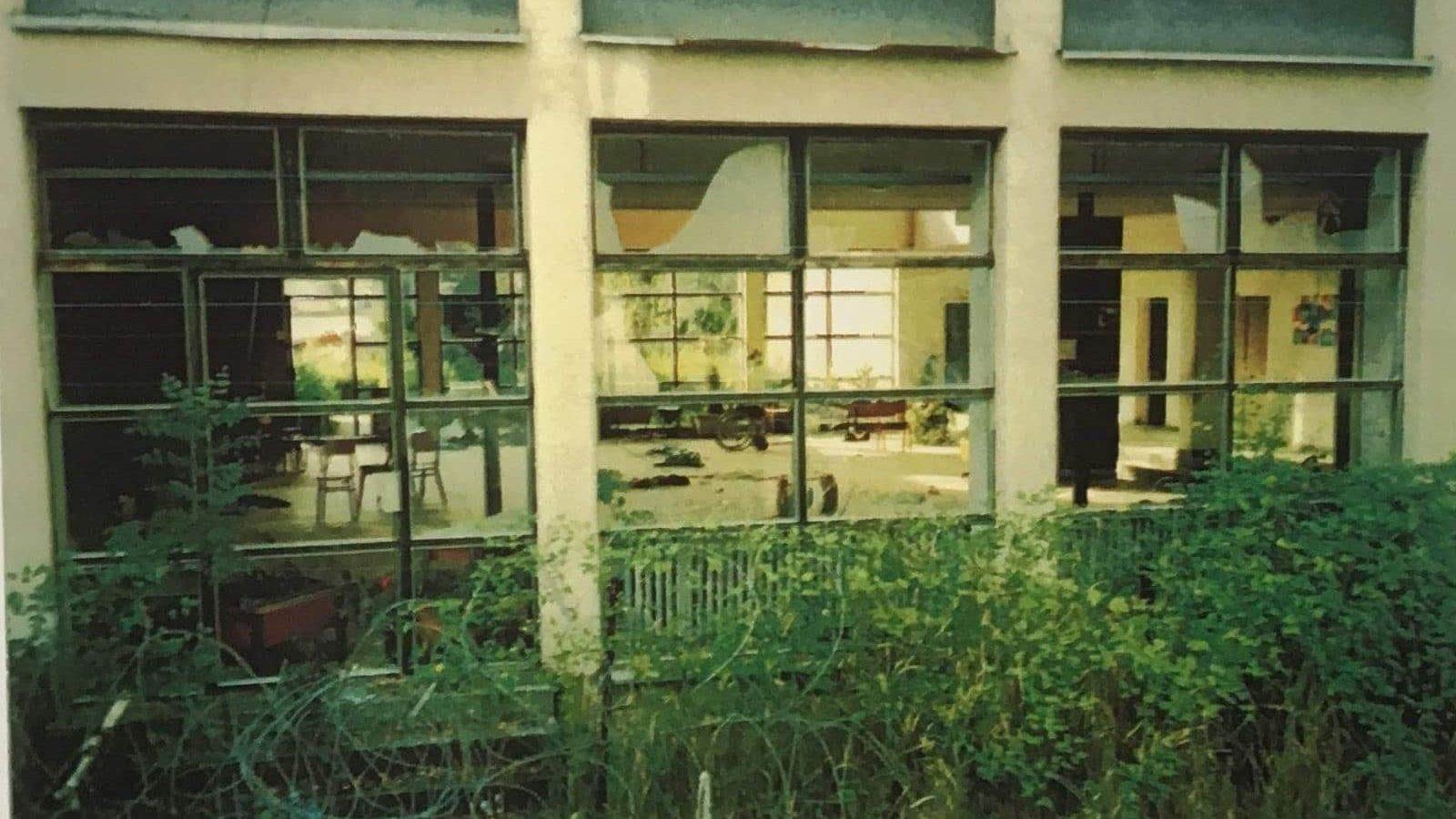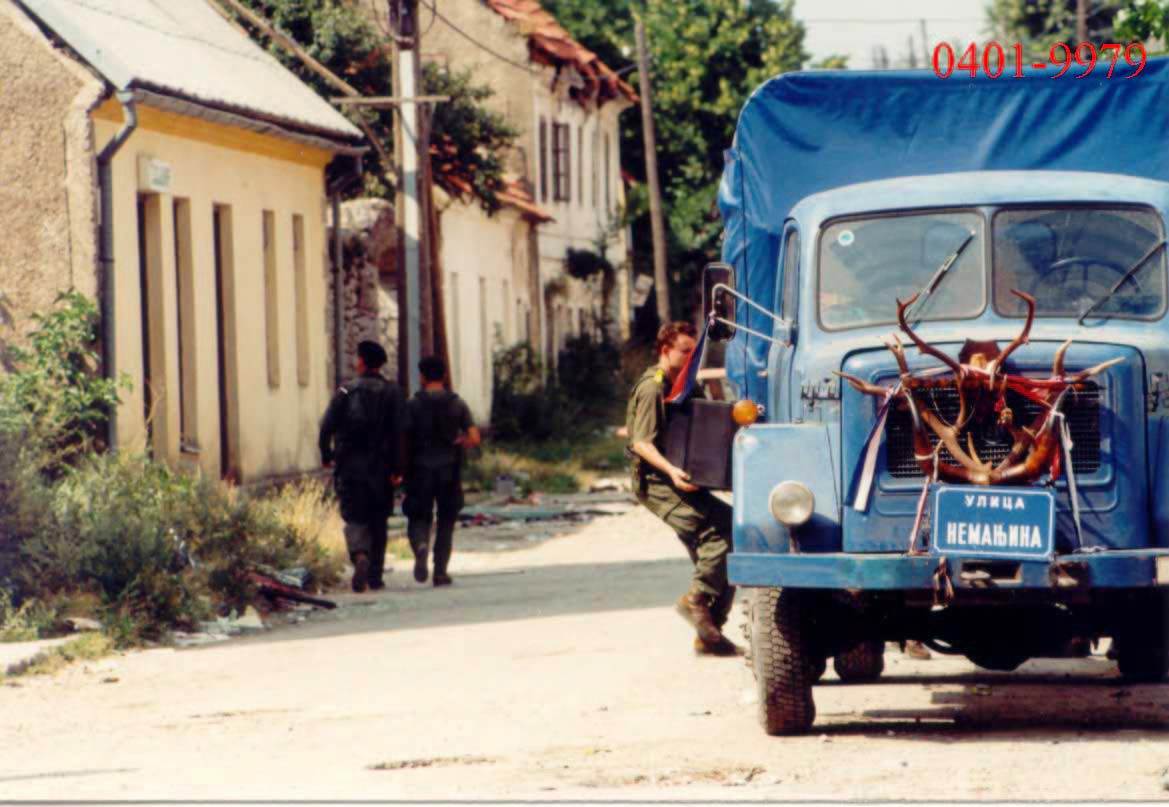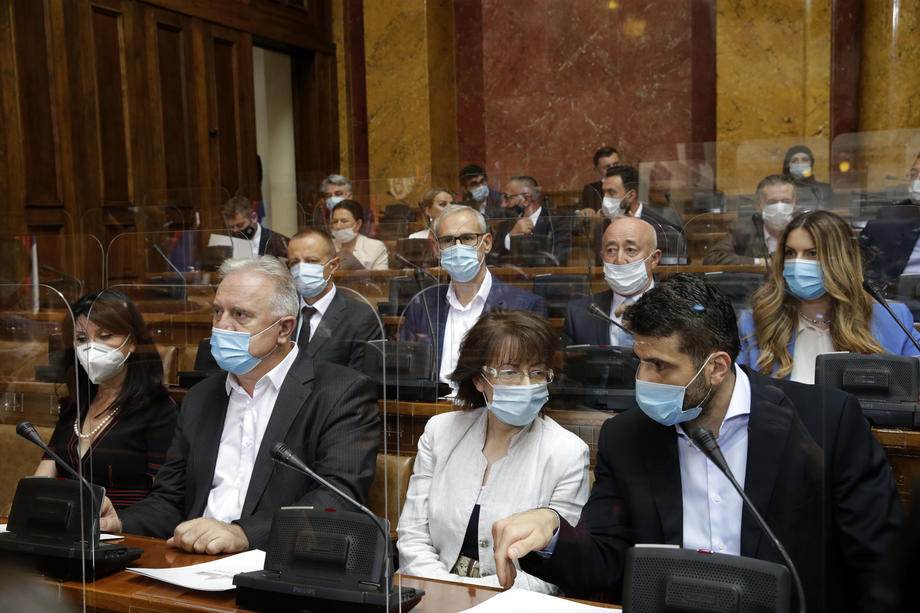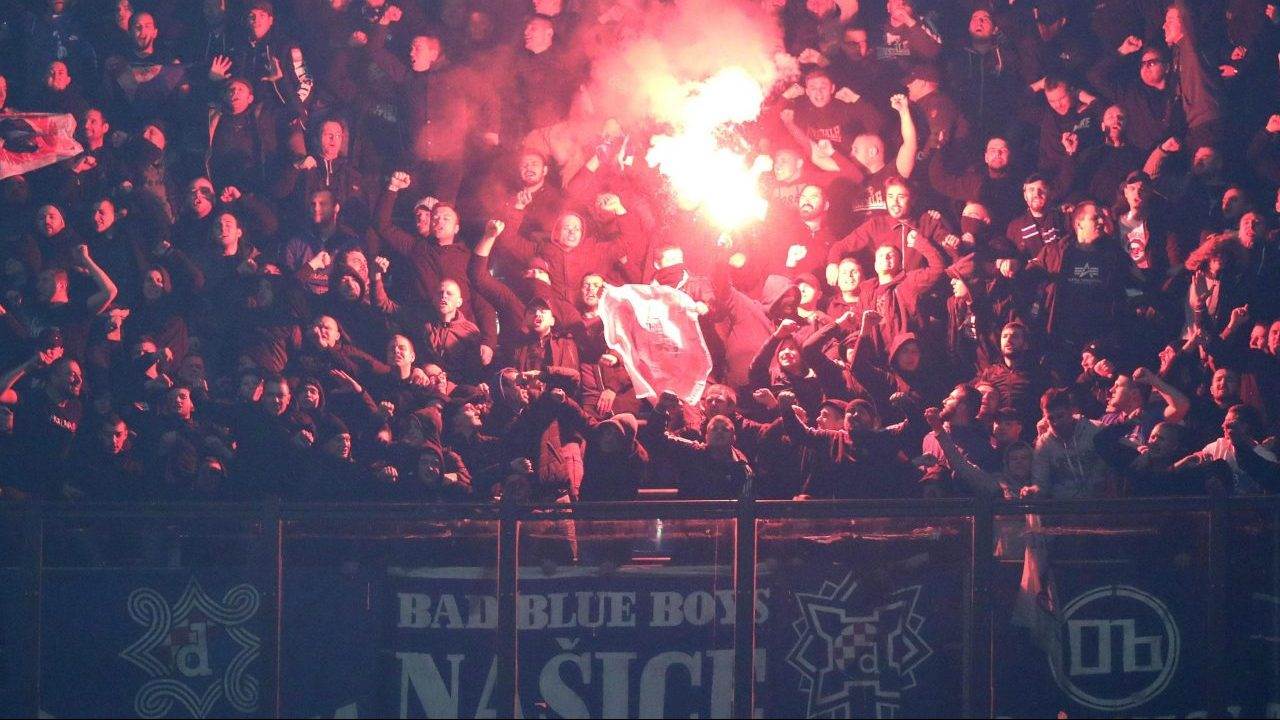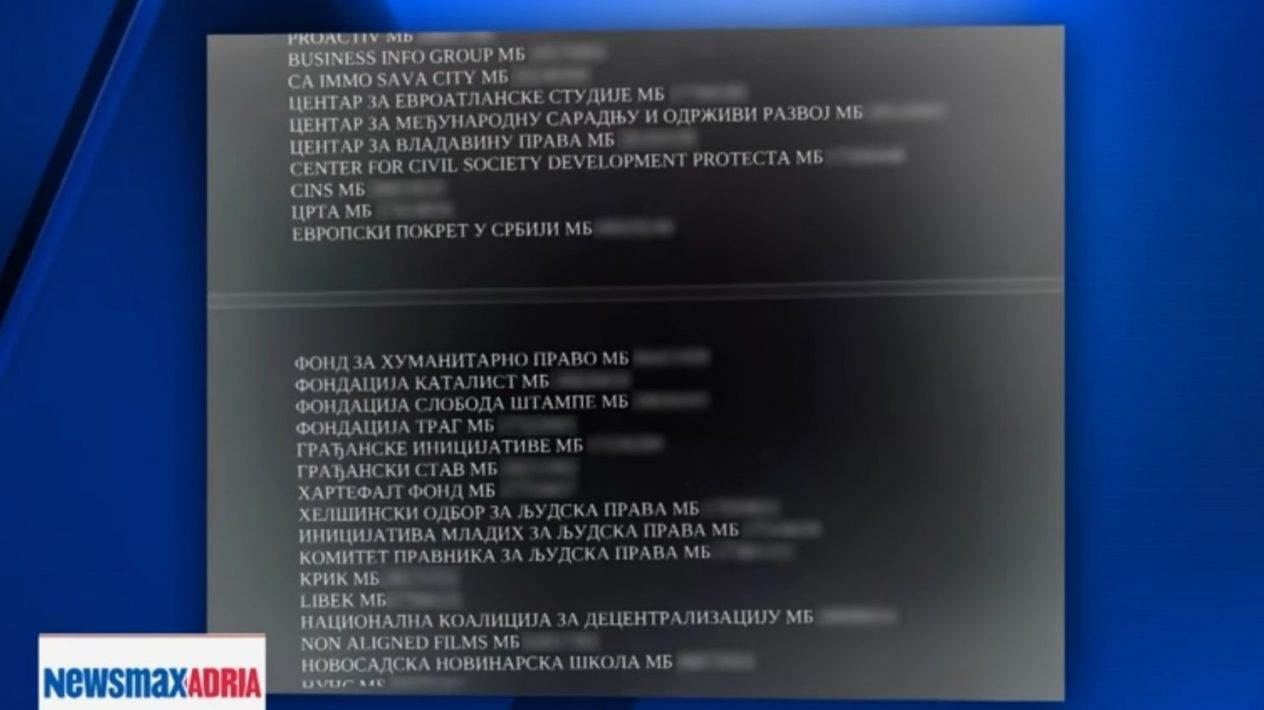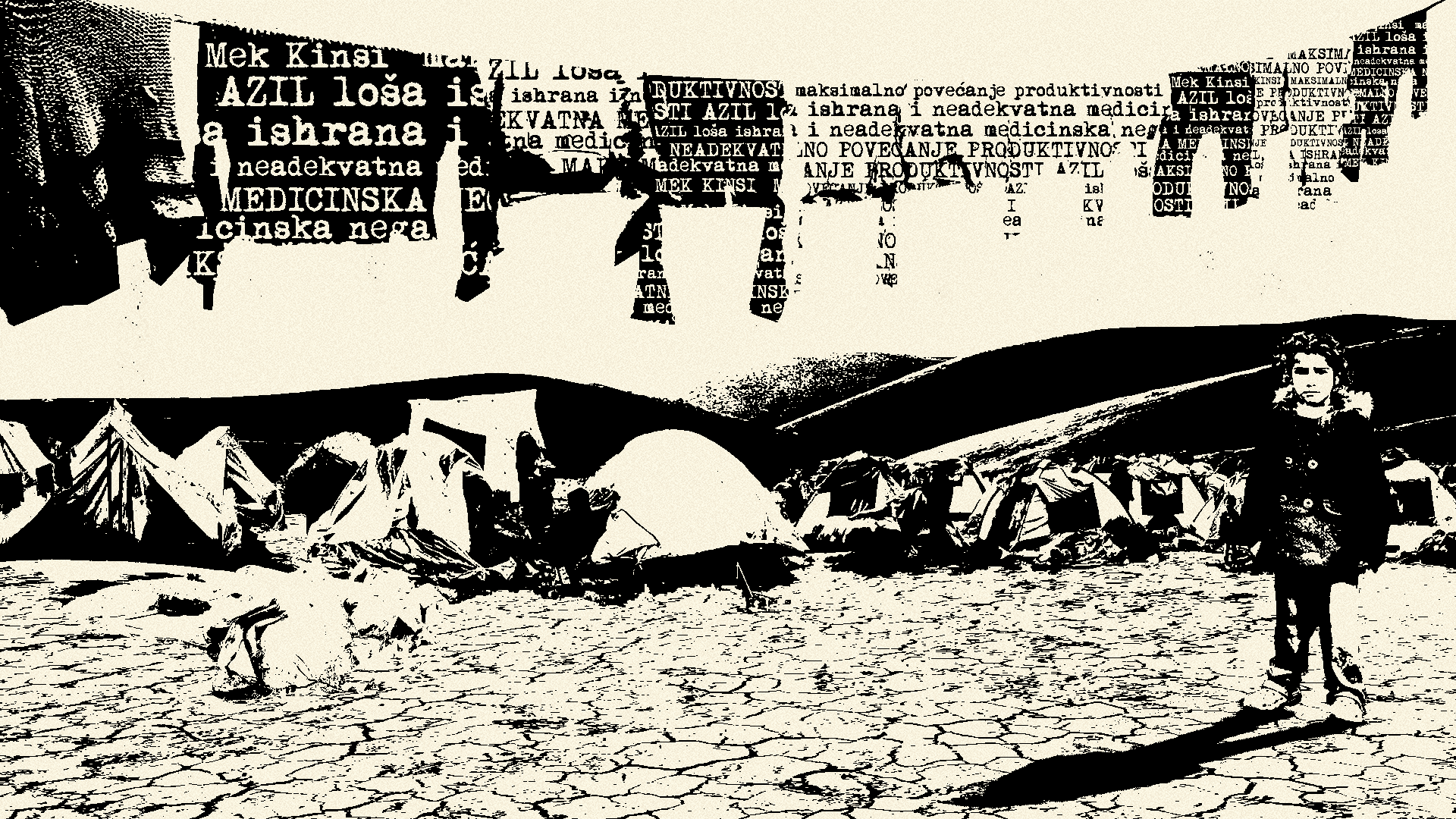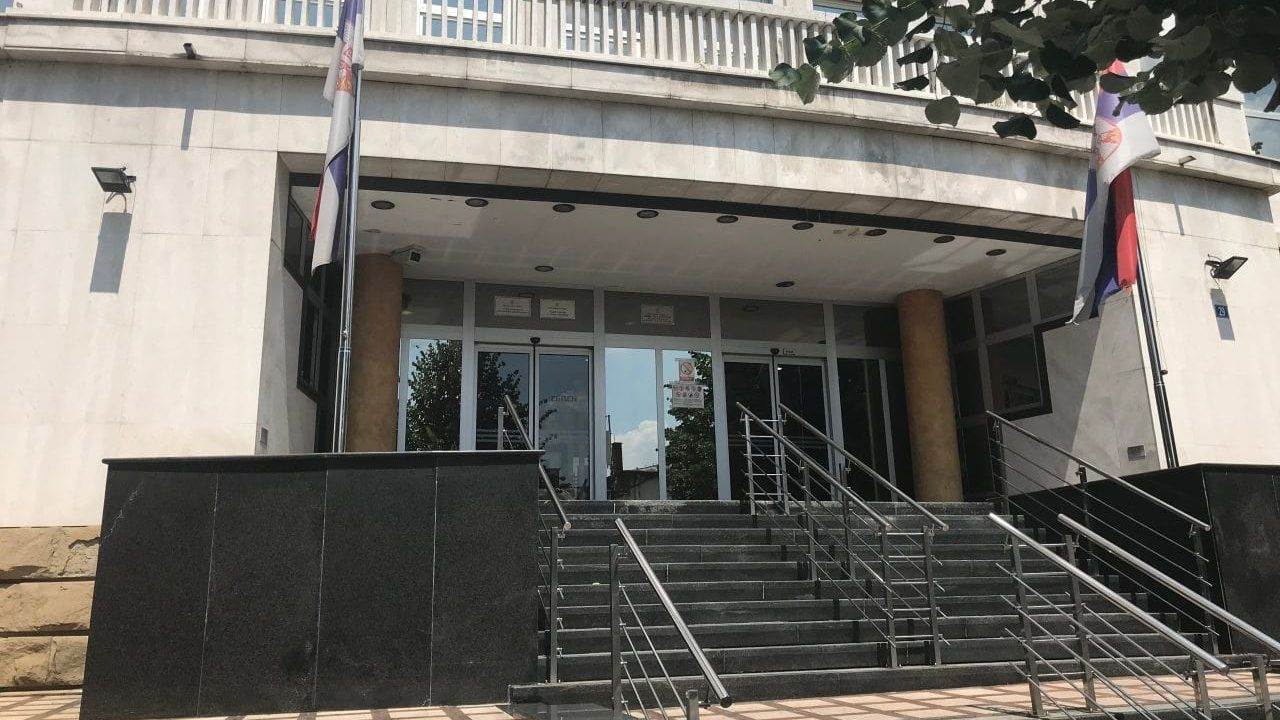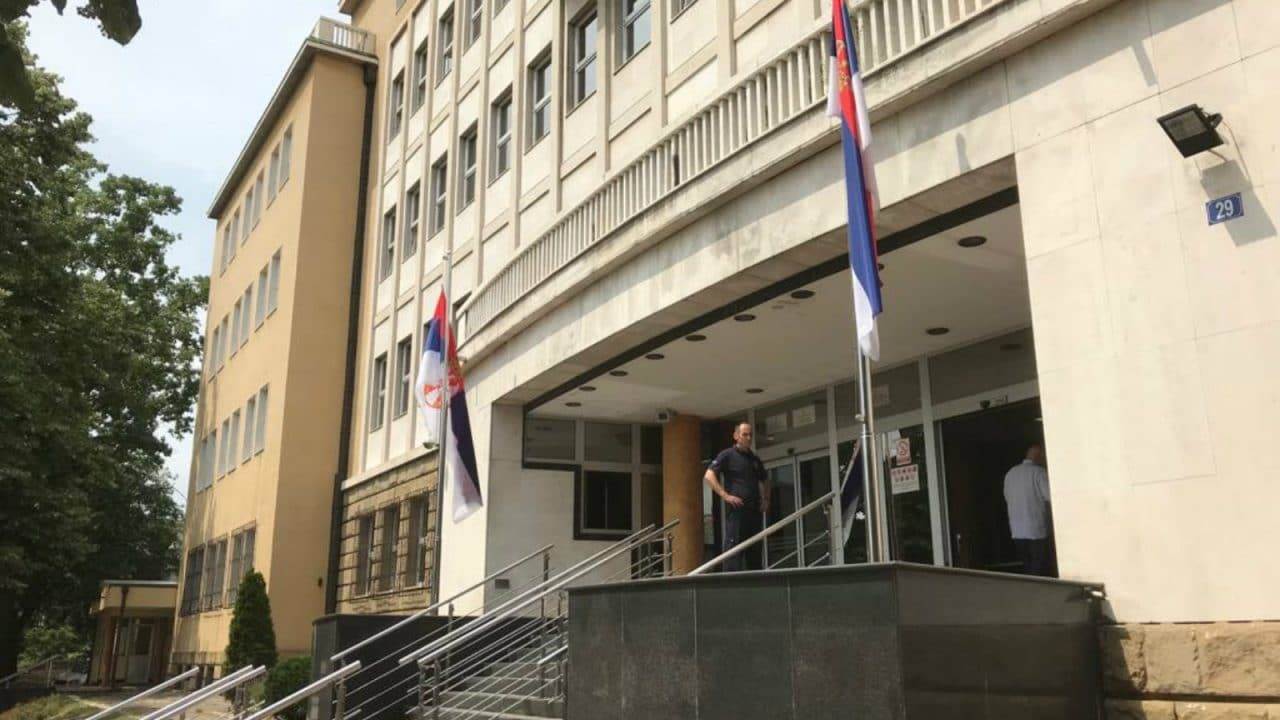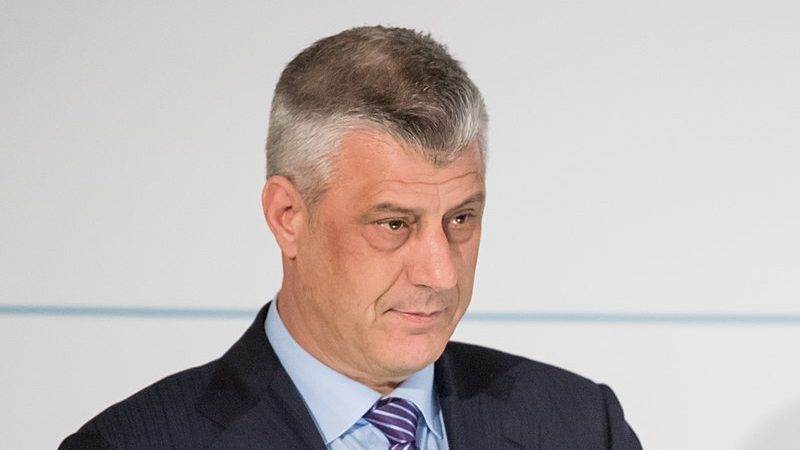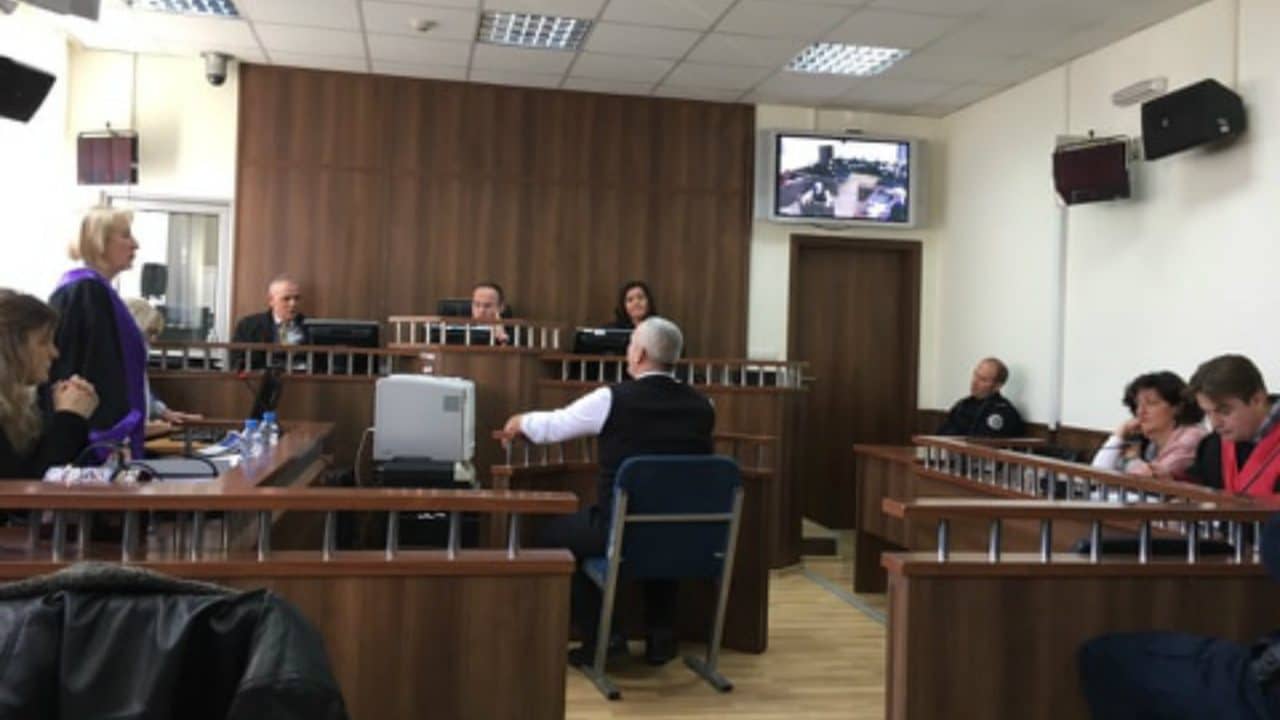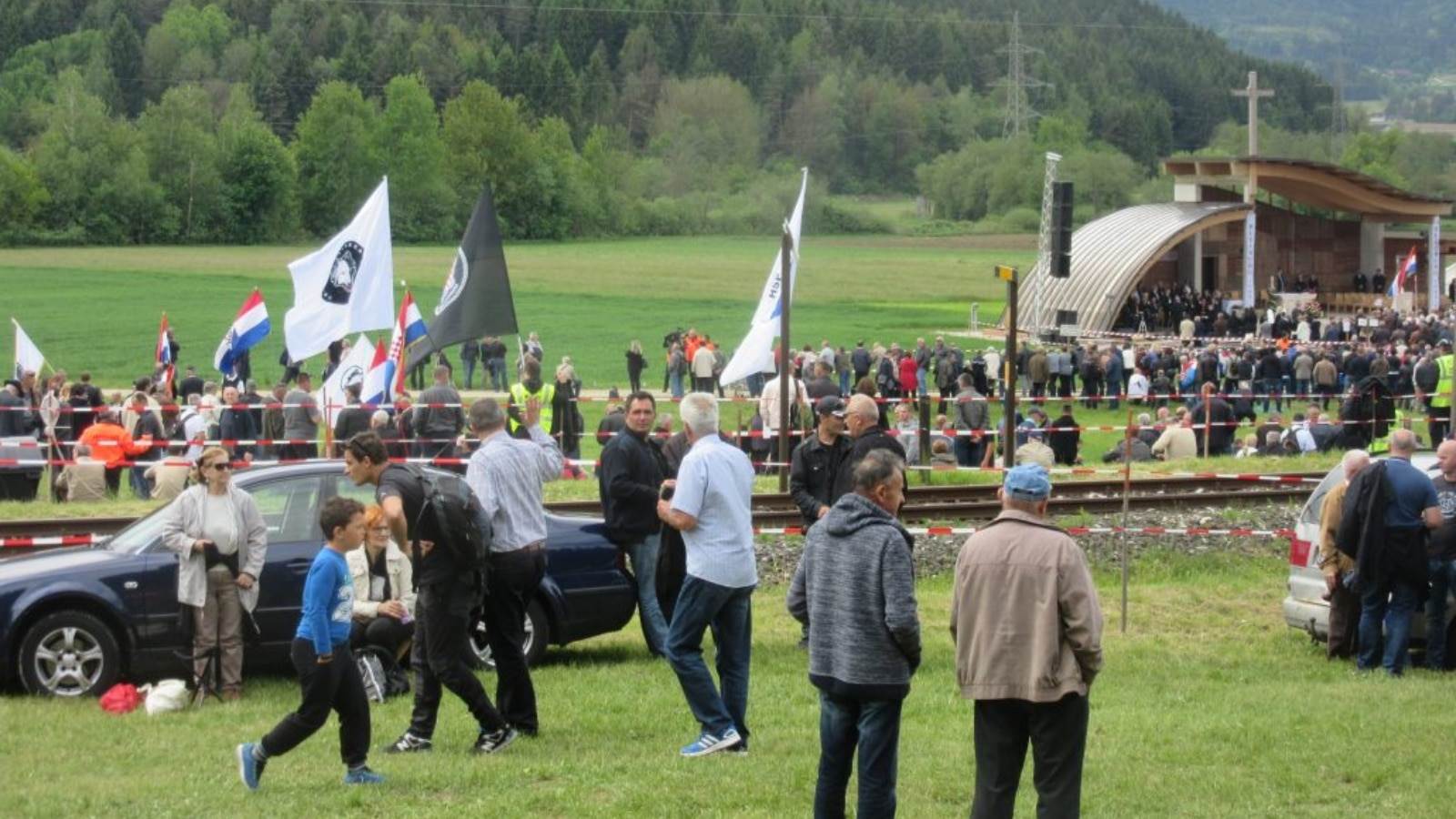Twenty-five years after the killing of nine elderly and disabled civilians who had taken refuge at a school in the Croatian town of Dvor, Serbian and Croatian officials continue to...
BIRN’s analysis of Hague Tribunal evidence has revealed which Croatian military and police units were deployed in villages where Serb civilians were killed during and after 1995’s Operation Storm -...
Svetozar Andric, a wartime Bosnian Serb Army brigade commander who was accused of expelling Bosniaks from the town of Zvornik, was officially confirmed as a member of the Serbian parliament...
Amnesty International and the European Commission have expressed deep concern about what Amnesty called Serbia's ‘intimidating’ investigation into the finances of 57 NGO and individuals in Serbia – including BIRN.
Prosecutors in the Croatian capital, Zagreb, have filed an indictment against six men, fans of the football club Dinamo Zagreb, over an anti-Serb banner hoisted in the city.
A department of Serbia’s finance ministry tasked with tackling money laundering and terrorism financing has asked banks to hand over data about the transactions of dozens of individuals and NGOs...
Dokumenti do kojih su došli BIRN i Der Spiegel pokazuju kako je američka konsultantska firma za upravljanje “McKinsey” stavila “maksimalno povećanje produktivnosti” u središte evropske politike o azilu, a nauštrb...
A former inmate’s daughter testified that ex-soldier Osman Osmanovic, who is accused of war crimes against prisoners, was a supervisor at a detention camp in the Brcko area of Bosnia...
Bosnian Serb Army ex-serviceman Milan Dragisic was found guilty of killing one civilian and trying to kill two others in Bosanski Petrovac during the Bosnian war in September 1992.
A ten-count indictment has been filed against Kosovo's President Hashim Thaci charging him with crimes allegedly committed in the independence war of the late-1990s, including murder and torture.
A court in Prizren has sentenced Darko Tasic to 22 years in jail for taking part in a massacre in the village of Krusha e Vogel/Mala Krusha in 1999.
The Austrian Green Party told BIRN why MPs backed a proposed ban on an annual commemoration in Austria of Croatian Nazi-allied troops and civilians killed in World War II which...

